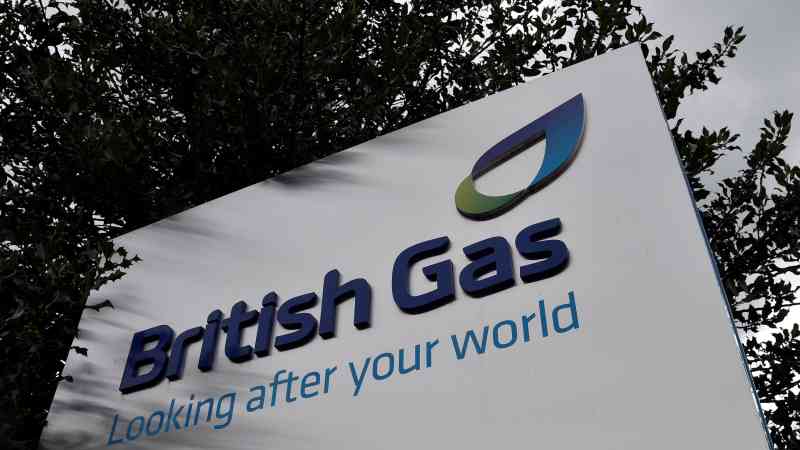The cracked reactors affecting Britain’s nuclear fleet pose an extra headache for Centrica, which wants to sell its 20 per cent interest in the plants to focus on its British Gas consumer operations. It began the sale in 2018 with the aim of getting rid of them by the end of this year, but admitted this February that it may now not be possible, citing the outages as an issue.
Martin Young, of Investec, the banking and wealth management group, said that he would be “incredibly surprised” to see Centrica dispose of the stake within the next six months.
There are other complicating factors — EDF has been looking to sell up to a stake of 29.9 per cent, making it harder to find a buyer with deep enough pockets, as well as one that is politically acceptable; and lower power prices have reduced the plants’ attractiveness — but the continued safety outages remain a significant hindrance.
John Musk, an analyst at RBC Capital Markets, the investment bank, said: “The sale process by Centrica/EDF is definitely complicated by this uncertainty and the market has been nudging down valuations on the assets for some time. We currently value Centrica’s 20 per cent stake at £500 million, which is probably half of where we were a little over a year ago.”
Yet Mr Musk added that the safety outages may be a “blessing in disguise” for another company. National Grid is having to cope with record low power demand during the pandemic. The Times revealed last month that National Grid had struck a £50 million deal with EDF to reduce the power output from another plant, Sizewell B in Suffolk, to free up space on Britain’s power network for more flexible plants to run. The safety shutdowns at Hunterston B, Hinkley Point B and Dungeness B may just have helped to prevent National Grid having to take even more costly measures to keep the lights on.
